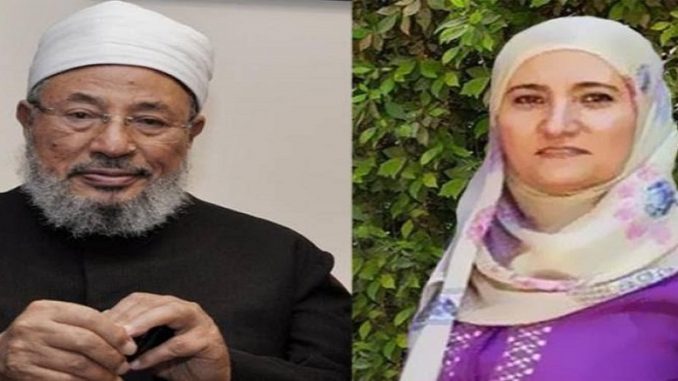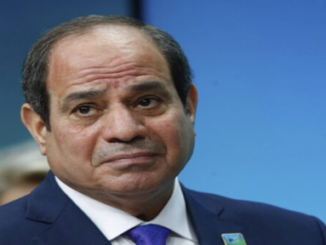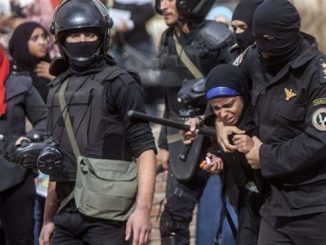
Ola al-Qaradawi has recently been released from prison pending further investigation in a decision by the public prosecutor. Ola has denied all charges against her, saying that she was arrested only for being the daughter of Yusuf al-Qaradawi
Ola al-Qaradawi was released from prison pending further investigation in a decision by the public prosecutor, according to Egypt’s state-run Middle East News Agency.
Egyptian authorities on Friday released Ola al-Qaradawi, the daughter of Qatar-based preacher and senior cleric Yusuf al-Qaradawi, after four years of pre-trial detention. An Egyptian official and several social media prominent activists confirmed that Ola Qaradawi is now free.
Ola Qaradawi was arrested with her husband Hosam Khalaf on 30 June 2017, shortly after Egypt, the United Arab Emirates (UAE) and Bahrain joined Saudi Arabia in a diplomatic and economic blockade of Qatar.
Khalaf and Qaradawi were accused of links to the Muslim Brotherhood, which Egypt banned and branded as a “terrorist organization” in 2013, months after late president Mohamed Morsi was ousted from power by the military.
Ola Qaradawi, 60, has denied having any political links and said that she was arrested for being the daughter of Yusuf al-Qaradawi, the most prominent Muslim preacher, living in Qatar.
Ola Qaradawi has spent more than four years in pre-trial detention, a measure that allows authorities to imprison suspects for as long as two years without official charges or pending investigation. The practice has been strongly condemned by rights groups, which estimate that more than 60,000 political prisoners are being held in Egypt.
Although an Egyptian court had granted Qaradawi a conditional release after two years of pre-trial imprisonment, authorities issued another two-year pre-trial sentence against her in the summer of 2019.
She is accused of communicating with and facilitating support for a “terrorist” group while in jail. Qaradawi was held in solitary confinement under dire conditions for much of her detention.
Egypt has been repeatedly accused of failing to provide adequate access to medical care to detainees in its prisons.
On Thursday, Hisham al-Qadi Hanafi, a former Egyptian lawmaker with the Muslim Brotherhood, died in Cairo’s notorious maximum-security Scorpion Prison, or al-Aqrab, due to medical negligence.
Last week, Mahmoud Ezzat, the former acting leader of the Muslim Brotherhood, criticised the conditions of his detention in a rare court appearance.
Ezzat, 77, was heard complaining to the judge about his solitary confinement cell at the Scorpion Prison.
He said that throughout the 16 months of his detention, “the cell is only opened for seconds every day to deliver my food” and that “some food is thrown to me from the door vent, without bothering to even open the cell’s door to hand the food to me”.
Morsi, Egypt’s first democratically elected president, suffered from poor health during his five years of detention before collapsing in court and dying in June 2019.
Since the military overthrow in July 2013 of Egypt’s first democratically elected President Mohamed Morsi, the government of Abdel Fattah Al-Sisi has engaged in the systematic repression of the Muslim Brotherhood, of which Morsi was a member.
It has done so by implementing policies commonly regarded as effective means of “decapitating” hierarchical organizations, particularly those with a significant ability to mobilize grassroots’ support and generate public sympathy.
Within months of the coup against the now-deceased Morsi, the Egyptian military took several measures to undermine the Muslim Brotherhood – arresting thousands of members, banning it in September 2013, and declaring it a “terrorist” organization in December that same year. The Muslim Brotherhood rejects the allegations, maintaining that it is committed to peaceful activism.



